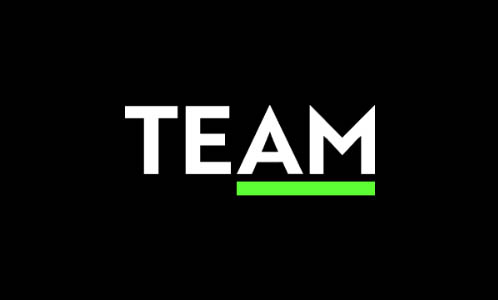In the early hours of 13 June 2025, Israel launched a precision air campaign striking multiple Iranian targets, including nuclear, missile and oil facilities deep within the country. Within hours, Brent crude surged by as much as 11 %, its steepest single‑day climb in over a month, reflecting investors’ fear of disruption to supply routes and infrastructure .
This price stomp was more than a momentary flare‑up. Before this event, prices had already been trending higher: in the first week of June, Brent hovered around $66–$67, supported by a shrinking U.S. rig count and external pressures from Canadian wildfires. The Israel‑Iran strike intensified that backdrop, pushing Brent toward the low $70s, while U.S. crude rose to mid‑$70s.
Markets reacted swiftly beyond just crude. The U.S. dollar strengthened as risk aversion set in, futures across major equity indices slipped, and safe‑haven assets gained favour . Oil‑exposed currencies in emerging markets, such as India’s rupee, absorbed fresh pressure from rising import costs.
At the heart of this dynamic is more than headline figures; it’s about strategic fragility in key transit corridors and production centres. Iran stores significant volumes of fuel and operates facilities that, if impaired, can disrupt regional flows. The Shahran fuel depot north of Tehran, for instance, alone holds upwards of three days’ supply, an amount that’s now under threat. Any further disruption to exports or transit via the Strait of Hormuz would amplify volatility and tighten global markets, just as commentators had warned .
For oil importers, this winter’s risk picture is shifting. Higher price baselines complicate monetary policy, with inflation sticky and rate‑cut timelines deferred. Meanwhile, oil‑exporting nations may benefit from elevated spot prices, potentially improving fiscal positions, at least in the near term.
Yet the threat of second‑order impacts remains. Airlines have already responded by avoiding some Middle East airspace, complicating logistics. Conventional equities, particularly those exposed to global travel and industrial demand, have seen intra‑day weakness .
Advisers are now watching closely for whether this flare stays contained. If drivers such as retaliatory strikes, escalation in Yemen or even involvement of other regional actors emerge, supply chains could be further squeezed. That raises the spectre of sustained oil prices above \$80—or materially more—later in the year.
For investors, the evolving backdrop suggests a dual‑track approach. On one side, commodities and select sovereign bonds tied to oil exporters may gain if tactical disruptions persist. On the other, industrial sectors and global growth‑linked equities may face pressure from inflation and policy tightening. Currency exposures, especially in EM markets, warrant review.
Still, it’s critical to balance this scenario against resilience. Global inventories remain elevated versus prior years, and OPEC+ has capacity it could tap to cushion temporary shocks. Demand growth continues to moderate with the energy transition underway, damping longer‑term upside.
The recent strike on Iranian energy infrastructure has shone a harsh light on the vulnerability of key supply channels. As Brent and WTI surged into the low‑to‑mid $70 range, investors are being reminded that geopolitical risk can swiftly reshape energy markets. For those with a long‑term horizon, positioning across commodities, regional FX and select equities may offer a buffer, or even an opportunity, if price spikes persist. But prudent risk control and portfolio flexibility remain paramount as global dynamics shift.
TEAM plc (LON:TEAM) is building a new wealth, asset management and complementary financial services group. With a focus on the UK, Crown Dependencies and International Finance Centres, the strategy is to build local businesses of scale around TEAM’s core skill of providing investment management services.








































